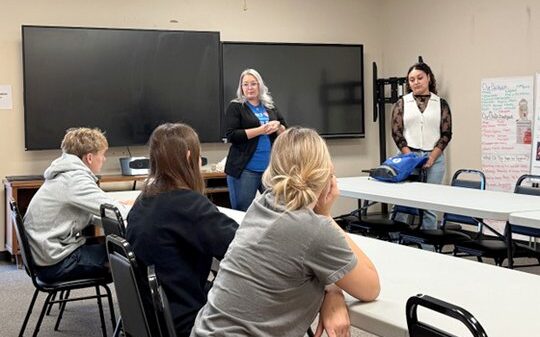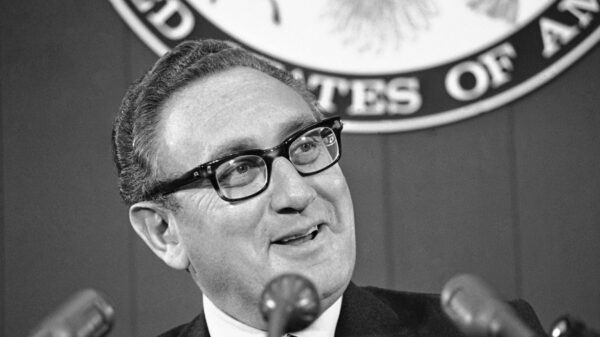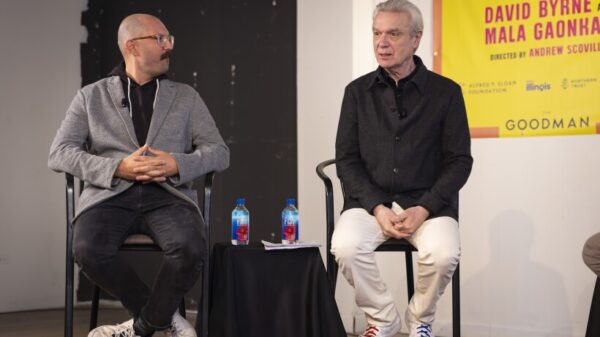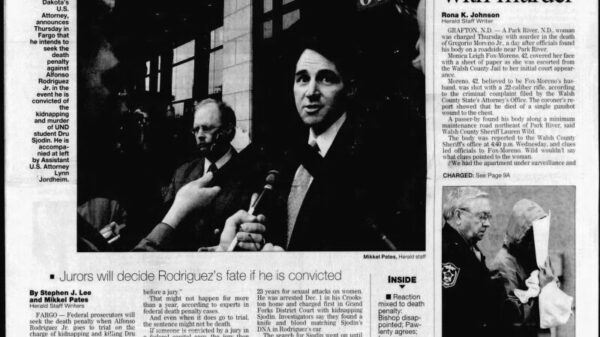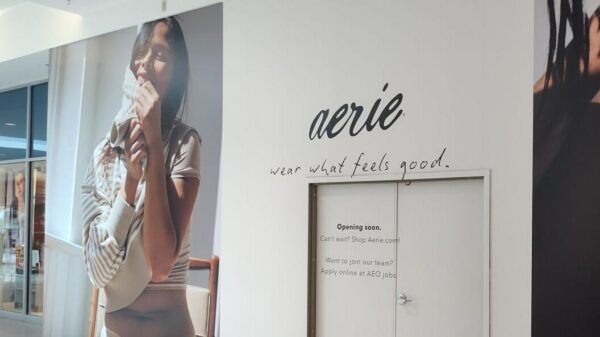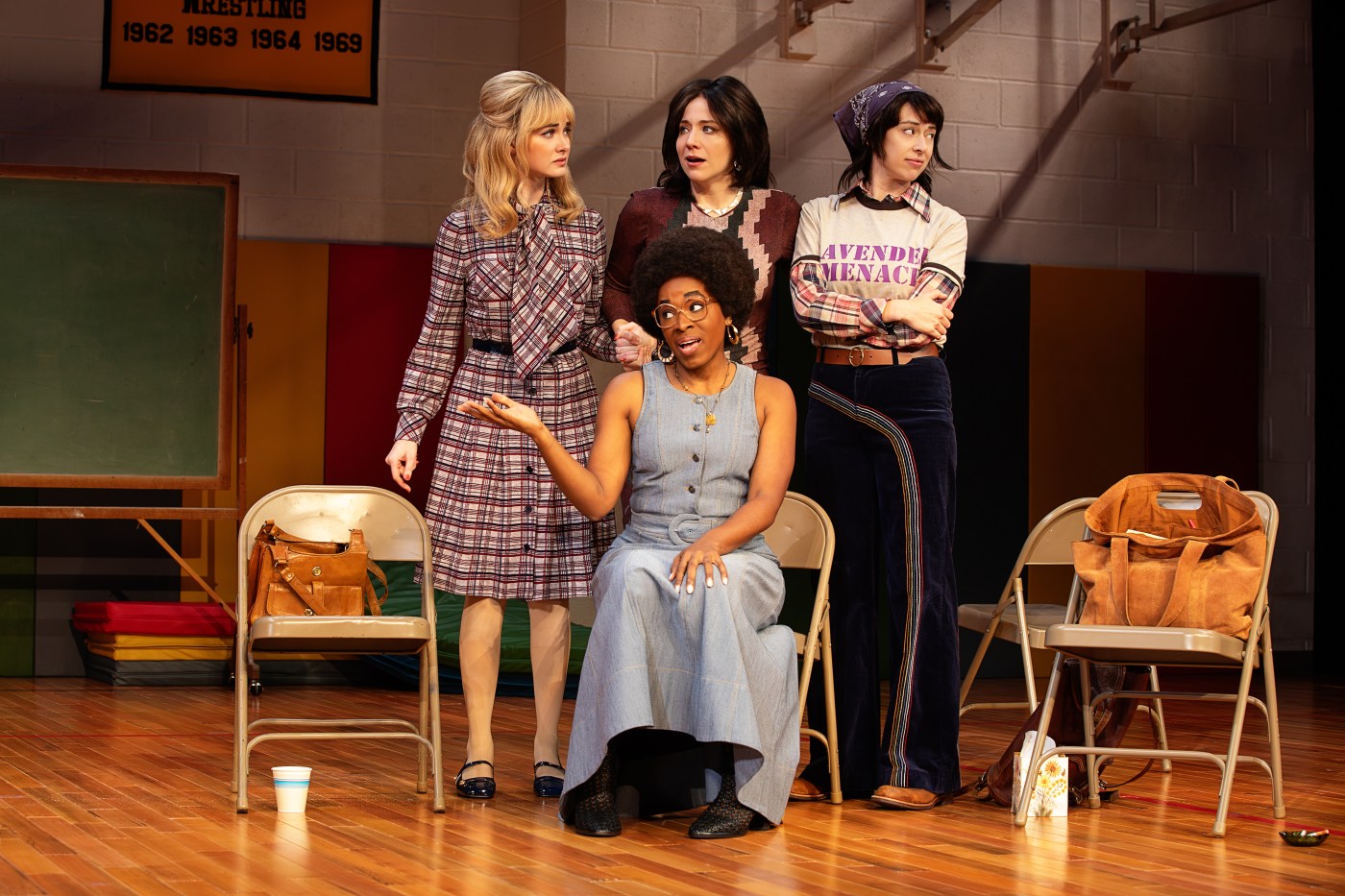UPDATE: The highly anticipated Broadway play “Liberation” premiered last night, igniting intense discussions around the legacy of second-wave feminism. Playwright Bess Wohl delivers a bold and introspective examination that questions the sacrifices and successes of a generation that fought for women’s rights.
As audiences fill the seats at the Broadway production, the play dives deep into the lives of second-wave feminists, prompting viewers to reflect on the impact of their struggles. “Why did you make these sacrifices?” and “Did you abandon your principles when you had kids?” are just a couple of the probing questions posed throughout the performance. The emotional weight of this narrative resonates strongly in today’s society, where discussions around gender equality are more urgent than ever.
Wohl’s protagonist, Lizzie, portrayed by Susannah Flood, introduces the audience to her mother’s feminist group, meeting in a high school gymnasium in Ohio. The setting serves as a powerful backdrop for exploring the complexities of feminism and the challenges faced by women balancing activism with family life. “Why?” Lizzie frequently interrupts, questioning whether the sacrifices made truly brought happiness or lasting change.
The ensemble cast, featuring standout performances from Kristolyn Lloyd, Audrey Corsa, and Kayla Davion, delivers a compelling experience that grips the audience from start to finish. The play not only reflects the struggles of previous generations but also resonates with Gen X and Millennials navigating their own societal challenges.
Critics are already buzzing about the show’s potential for a Tony Award nomination, particularly for its ensemble cast, which showcases the dynamic talents of women in theater. The self-aware dialogue and relatable themes challenge audiences to reconsider their perspectives on feminism and personal fulfillment.
As “Liberation” continues its run on Broadway, it serves as a vital conversation starter about the evolution of women’s rights and the intricacies of modern feminism. The questions raised by Wohl’s writing are not just rhetorical; they echo in the hearts of those grappling with the ongoing fight for equality.
The play’s exploration of these themes is timely, as the nation grapples with issues of gender equity and societal expectations. With its engaging narrative and emotional depth, “Liberation” promises to leave a lasting impression on audiences, encouraging them to reflect on the past while contemplating the future of feminism.
Be sure to catch “Liberation” at its Broadway home, where these critical discussions unfold nightly, making it a must-see for anyone interested in the complexities of women’s rights today.

